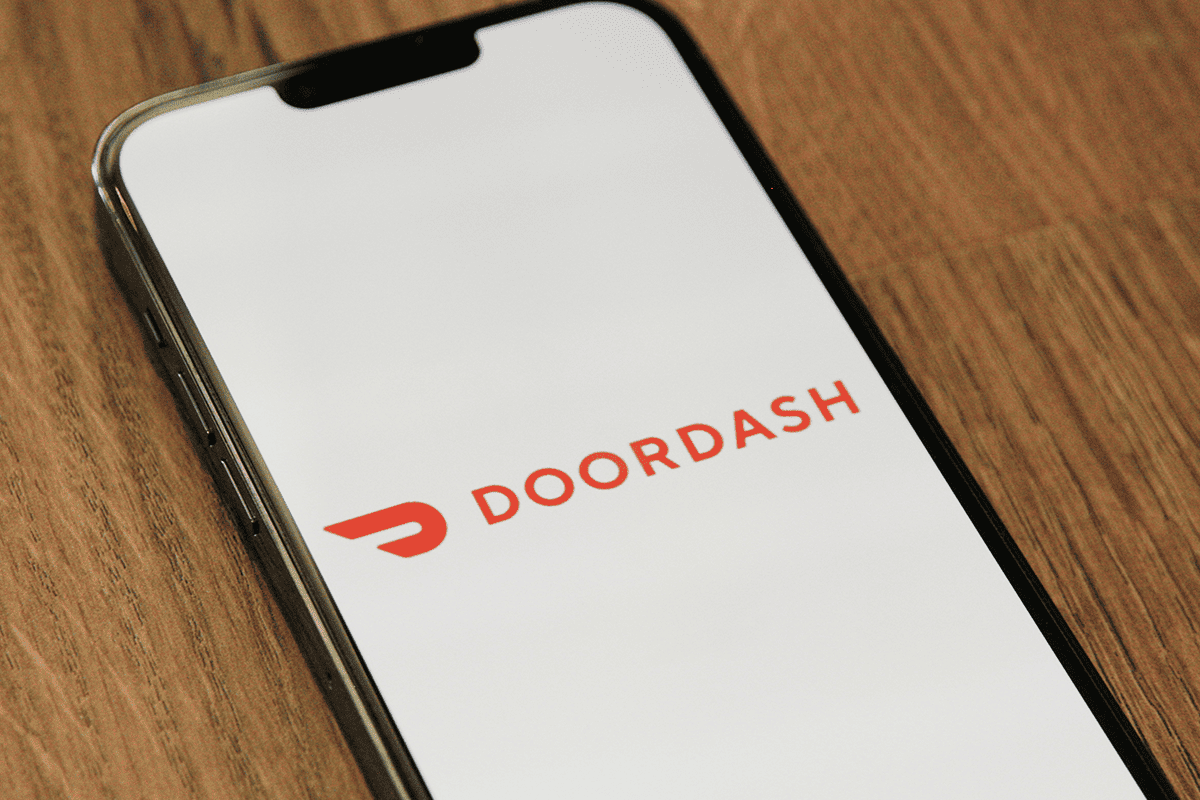Florida Senate passes bill to regulate food delivery apps, protect restaurants and consumers

TALLAHASSEE, Fla. – The Florida Senate passed a bill that focuses on regulating food delivery platforms to protect food service establishments and consumers.
Sen. Jennifer Bradley, R-Fleming Island, sponsored SB 676, which passed favorably on the Senate floor Thursday 39-0.
“Food delivery apps are very popular,” Bradley said. “They provide great convenience to consumers, but the fast growth of food delivery has also made clear that we need consistent standards for transparency, consent and communication between the platform’s restaurants and consumers.”
The legislation prohibits food delivery platforms from delivering or arranging pickups from restaurants without the restaurant’s permission. Bradley said the bill requires a food delivery platform to remove the menu of a restaurant if they do not receive consent.
Rep. Lauren Melo, R-Naples, sponsored similar legislation, HB 1099, which is set for a House vote.
The platforms must disclose specific information to consumers and provide restaurants with a way to communicate with customers by a set deadline, according to the bill.
The food delivery platforms must disclose the following information to the consumer, according to the bill:
- The cost breakdown of each transaction, including, but not limited to, the following information:
- The purchase price of the food and beverage.
- Any commission, delivery fee, or promotional fee charged to the consumer by the food delivery platform.
- Any tip or gratuity.
- Any taxes due on the transaction.
- The anticipated date and time of the delivery of the order.
- The address to which the order will be delivered.
- Confirmation that the order has been successfully delivered or that the delivery cannot be completed.
- A mechanism for the consumer to express order concerns directly to the food delivery platform.
The legislation also sets rules for agreements between platforms and restaurants and prohibits certain behaviors by food delivery platforms.
If the bill becomes law, according to the legislation, by July 1, 2025, a food delivery platform shall provide a food service establishment with:
- A method of contacting the consumer while preparing the order, during delivery of the order, and for up to two hours after the order is picked up from the food service establishment for delivery to the consumer.
- A method to respond to ratings or reviews that are left by the consumer.
According to the bill, an agreement between a food delivery platform and a food service establishment must:
- Clearly outline all fees, commissions, and charges that the food service establishment will be required to pay or bear.
- Explicitly detail the policies of the food delivery platform, covering areas such as the handling of alcoholic beverages, marketing practices, menu and pricing regulations, payment processes, and guidelines on prohibited behavior.
- Specify the insurance prerequisites for delivery partners associated with the food delivery platform and designate who bears the financial responsibility for this insurance coverage.
- Identify the party responsible for collecting and remitting applicable sales taxes.
- Clearly disclose policies concerning disputed transactions and the prescribed procedure for resolving such disputes should be included in the agreement.
Additionally, the legislation empowers the Division of Hotels and Restaurants within the Department of Business and Professional Regulation to issue a notice of cease and desist to a food delivery platform for any violations, according to the bill.
However, the notice doesn’t count as an official action by the agency. The division would be granted authority to enforce this notice and collect attorney fees and costs under specific conditions, according to the bill.
It also allows the division to impose a civil penalty no greater than $1,000 per offense for each violation.
Before imposing such a penalty, the division must give the food delivery platform a chance to rectify any violations within a set timeframe. Furthermore, the legislation preempts any local regulations regarding food delivery platforms, consolidating regulatory authority to the state level.



